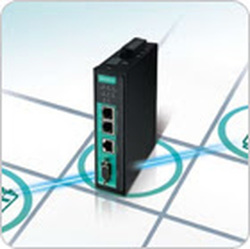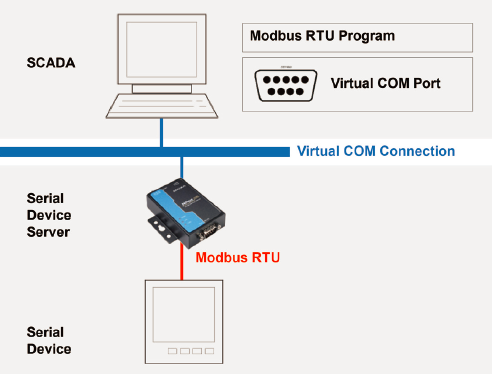|
|
Orders & Support
714-854-0800 | 7am - 5pm PST
[email protected] | www.QuantumAutomation.com
4400 East La Palma Avenue, Anaheim, CA 92807
714-854-0800 | 7am - 5pm PST
[email protected] | www.QuantumAutomation.com
4400 East La Palma Avenue, Anaheim, CA 92807
|
Copyright © Quantum Automation. All Rights Reserved.
|
Website Development RavingDesignz
|


